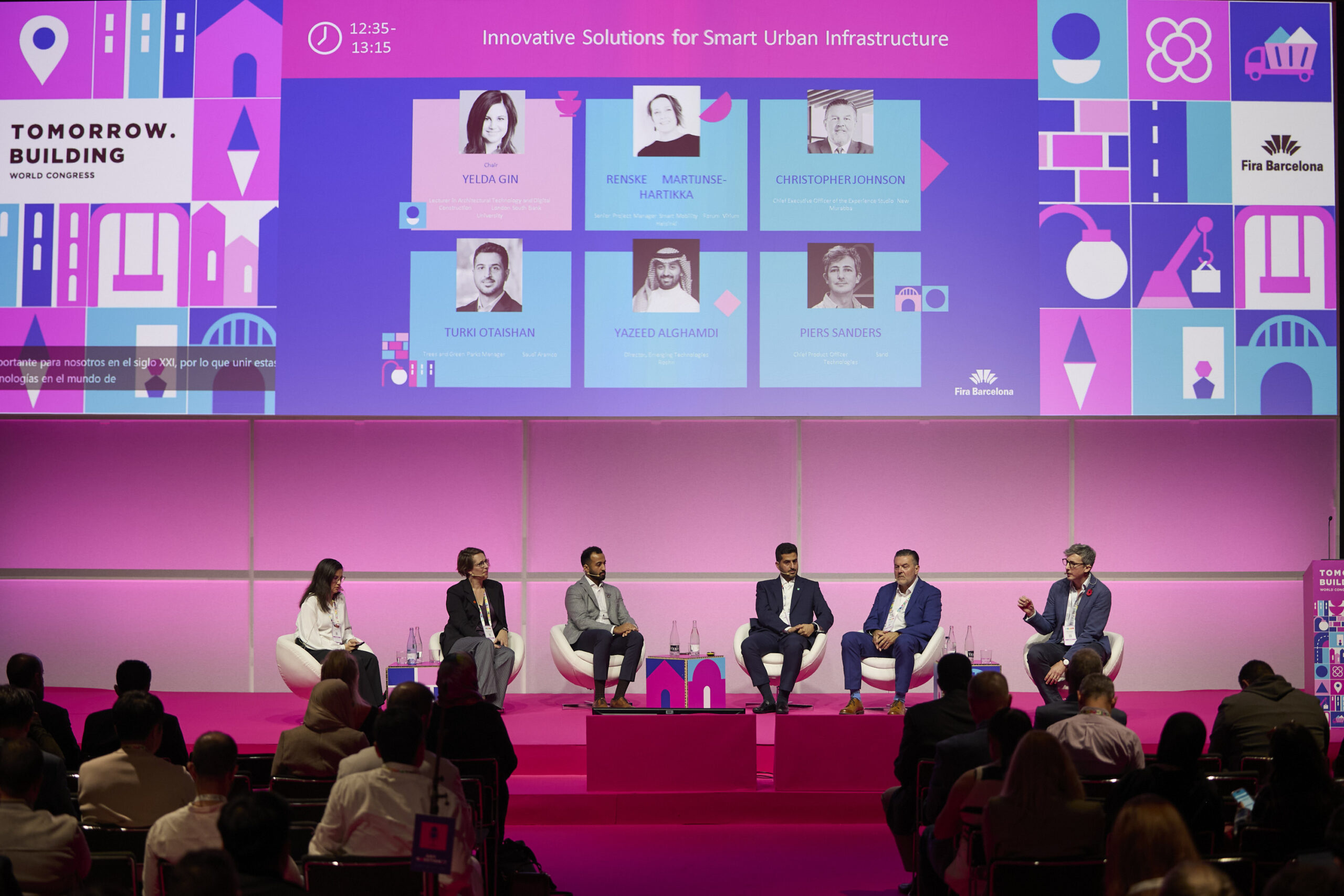
BARCELONA, Spain, Dec. 17, 2024 (GLOBE NEWSWIRE) -- Tomorrow.Building World Congress (TBWC) held its second edition this past November at Fira de Barcelona’s Gran Via venue. The exhibitors and experts gathered at the event proved that laying the foundations of a sustainable construction industry is both critical and inevitable, and also pinpointed some of the key trends that are making this paradigm shift possible.
The Director of TBWC, Ione Ruete, said: “Throughout history, it has become clear that the key to making a project durable and sustainable over time is to give it a solid foundation. Our society is inexorably heading towards a more urban future in which the density of metropolises will be ever greater. This more urban future therefore requires modern urban planning capable of building innovative, sustainable, and flexible structures.”
Adopting integrated approaches that take advantage of emerging technologies and sustainable practices is the first and most important trend. In this sense, the positive impact that technological tools such as BIM or Construction Management Software are already having on the definition of construction activity is undeniable.
The main advantage of BIM is the improved coordination between all participants in a construction project through a detailed three-dimensional digital model. By integrating all the information into a single model, it increases the efficiency and quality of the construction process, minimizes errors, reduces costs, improves communication, optimizes project planning and management, and facilitates the maintenance and operation of the building.
Another trend that will make a more efficient and sustainable construction possible is industrialised construction, whereby between 60 and 90% of a building can be built in a factory before the parts are assembled on site. In addition, sustainable construction must be committed to circularity and a culture of reuse and recycling of materials.
It will also be vital to incorporate urban vegetation as an integral element of the city's ecological system and not merely decorative. Greener cities are better able to reduce temperatures, improve air quality, and improve the well-being of citizens.
Construction is responsible for 37% of global CO2 emissions and consumes 50% of all raw materials. These figures force us all to act immediately and urgently.
TBWC was jointly held with Smart City Expo World Congress, Tomorrow.Mobility World Congress, and Tomorrow.Blue Economy, establishing an unparalleled global platform for urban innovation. Its third edition will be held from November 4 to 6, 2025, in Barcelona.
A photo accompanying this announcement is available at https://www.globenewswire.com/NewsRoom/AttachmentNg/f37af996-d8b1-4189-bed2-0fdf19d482c5
For media requests please contact:
Salvador Bilurbina
email: sbilurbina@firabarcelona.com
phone: +34628162674
标签:


